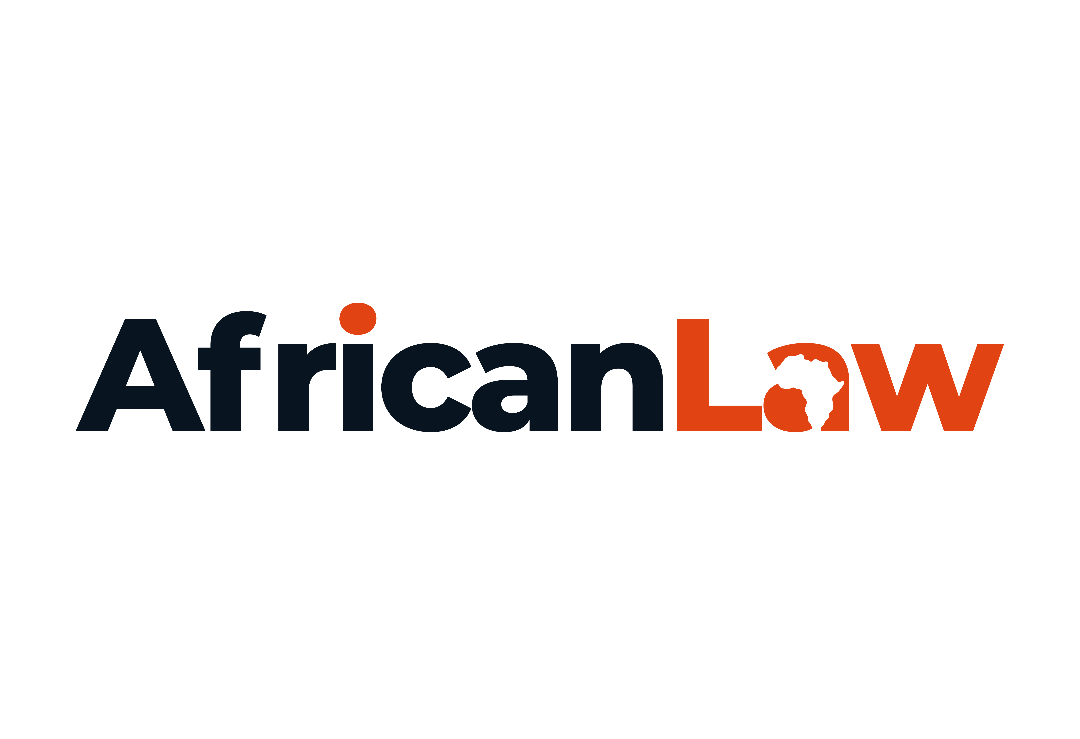An Industrial Expansion by Design
Rwanda's industrialization strategy is embedded in Vision 2050, aiming to achieve upper-middle-income status by 2035 through high-value manufacturing and services. NST1 laid the foundation by targeting a 9.1% annual industrial growth rate, achieved through investments in infrastructure and human capital, while NST2 builds on this with a focus on digitalization, green manufacturing, and regional integration. Key enablers include:
Special Economic Zones (SEZs) - The Kigali Special Economic Zone (KSEZ), operational since 2012 and expanded in 2024 with USD 200 million in investments, hosts over 100 companies in textiles, agro-processing, and pharmaceuticals, generating USD 1 billion in exports annually. The Bugesera Industrial Park, launched in 2023 with Chinese partnership, emphasizes high-tech industries like electronics assembly and biotech, offering plug-and-play infrastructure with reliable power and logistics.
Sectoral Focus - Manufacturing has surged, with agro-processing like coffee, tea, and horticulture accounting for 60% of industrial output. Textiles and garments exports grew 25% in 2024, while pharmaceuticals benefited from partnerships with global players. Emerging sectors include ICT-enabled services and green energy, aligning with Rwanda's commitment to carbon neutrality by 2050.
Policy Incentives - The 2011 Investment Code, revised in 2023, provides VAT exemptions on imported machinery, corporate tax holidays of up to 7 years for investments over USD 10 million and accelerated depreciation. The East African Community (EAC) and AfCFTA memberships grant duty-free access to a 1.4 billion-person market, boosting exports by 15% in 2024. Recent 2025 updates include green tax credits for sustainable manufacturing, reducing energy costs by 20% for eco-friendly firms.
These initiatives have attracted FDI inflows of USD 2.5 billion in 2024, a 30% increase from 2023. In addition, Rwanda's ‘Made in Rwanda’ policy emphasizes local content, requiring 30-50% domestic sourcing in key sectors, fostering backward linkages and reducing import dependence.
Opportunities and Strategic Alignment for Investors
For global and regional investors, Rwanda offers a low-risk, high-reward environment, ranked 29th globally in the World Bank's Ease of Doing Business Index 2025. Incentives like VAT refunds on exports and access to the African Growth and Opportunity Act (AGOA) for U.S. markets make it attractive for labor-intensive industries, with labor costs 40% lower than in South Africa. The AfCFTA has unlocked USD 500 million in new trade deals for Rwandan manufacturers in 2024-2025, particularly in agro-processing exports to neighboring DRC and Uganda.
It is important for investors and businesses to align investments with national priorities. Successful examples include Volkswagen's assembly plant in KSEZ, creating 1,000 jobs since 2018, and Heineken's brewery expansions emphasizing local sourcing. For entrepreneurs, leverage the Rwanda Development Board's (RDB) one-stop shop for registrations, which processes applications in under 6 hours.
Navigating the Challenges
Scaling industrial output isn’t without its growing pains. Energy costs, infrastructure gaps in some districts, and access to specialized talent can slow momentum. But these are not roadblocks, they are areas requiring targeted strategy.
The companies that thrive in Rwanda’s manufacturing space are those with a deep understanding of the regulatory landscape, a strong compliance culture, and a long-term investment mindset. That’s where we come in.
Looking Ahead and Building with Intention
Rwanda’s industrialization drive is not a trend, it’s a core pillar of its economic future. And now is the time for key stakeholders and investors to plug in.
Whether you’re an investor seeking market intelligence, a local business looking to scale, or a foreign manufacturer eyeing Rwanda for expansion, our team at African Law is here to guide you. We offer strategic legal support, regulatory navigation, and on-the-ground insights to help you build with confidence.
Contact the African Law team today and take the first step toward shaping your industrial future in Rwanda.

















